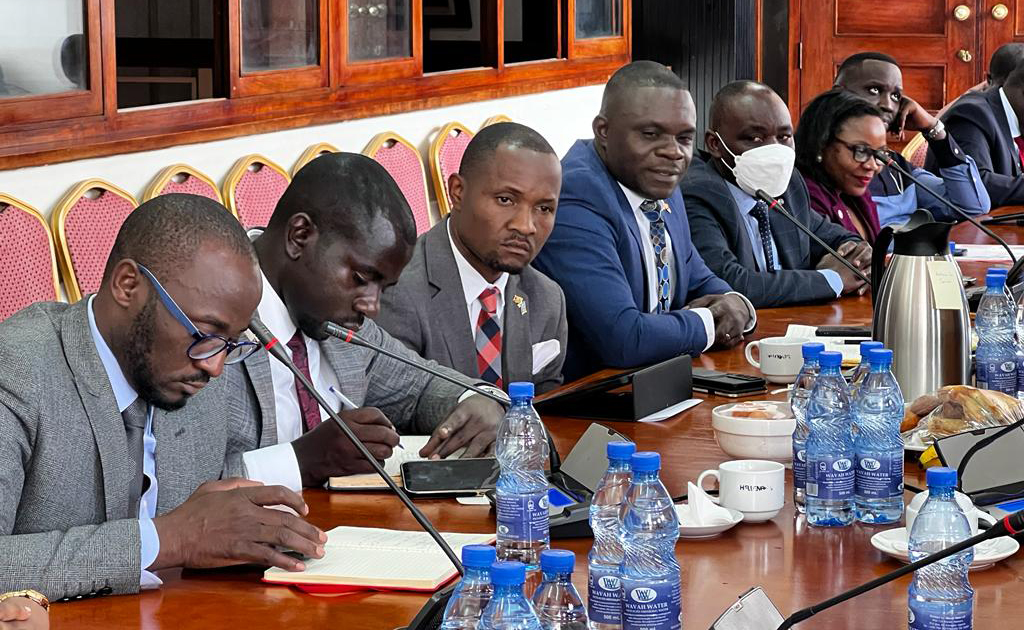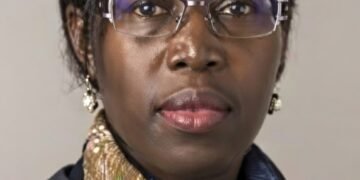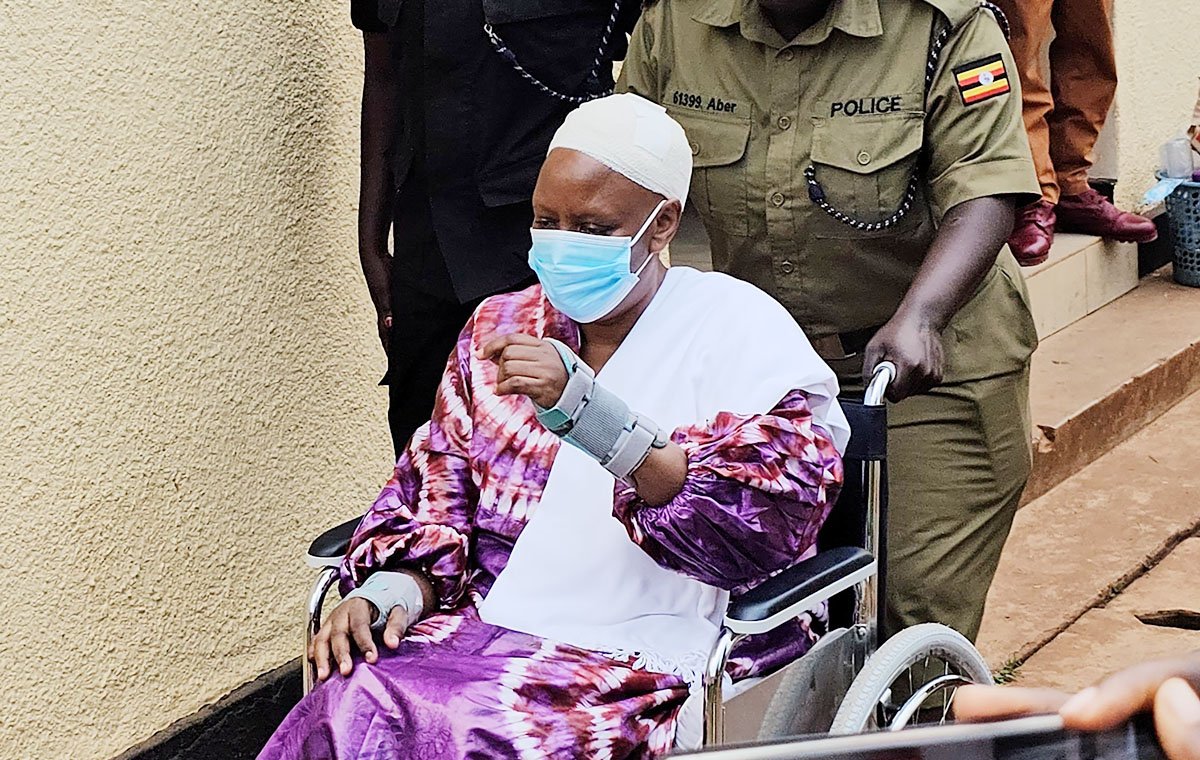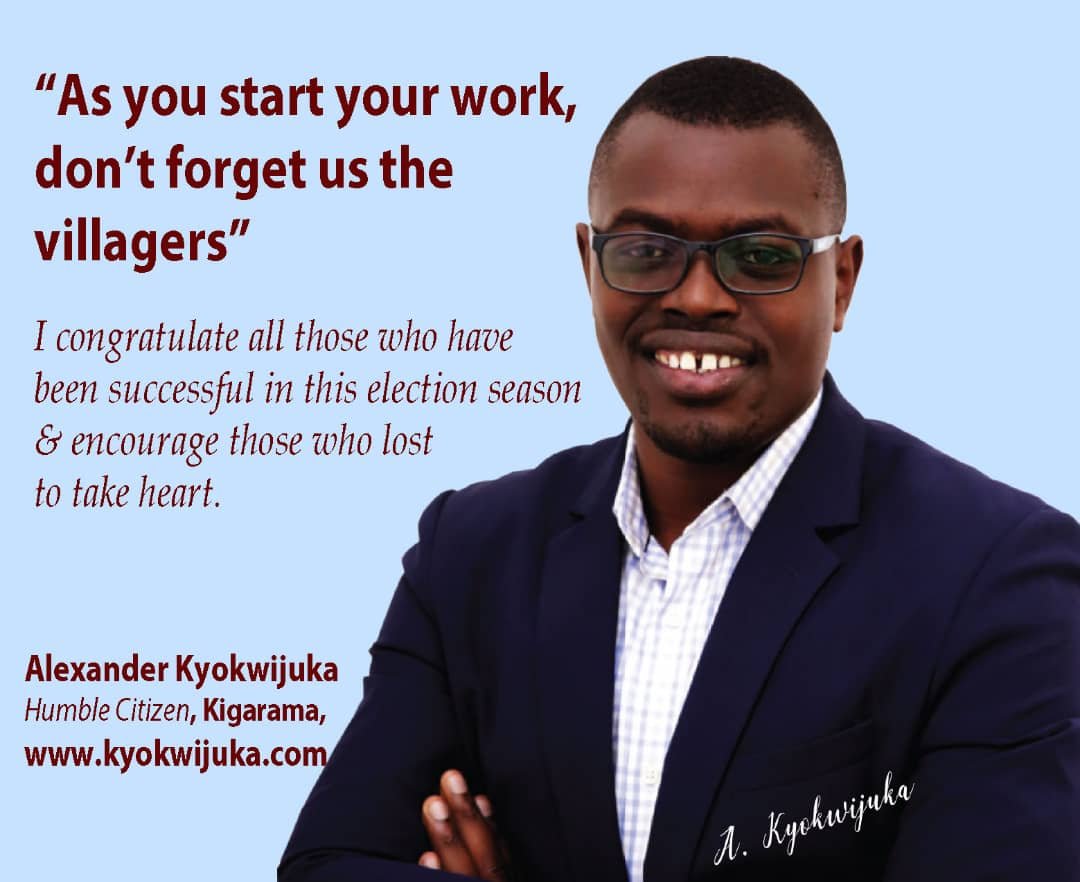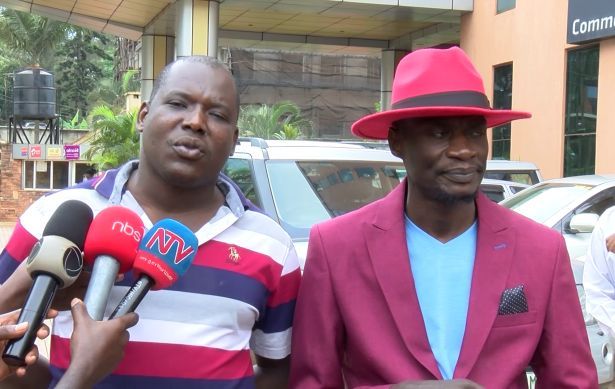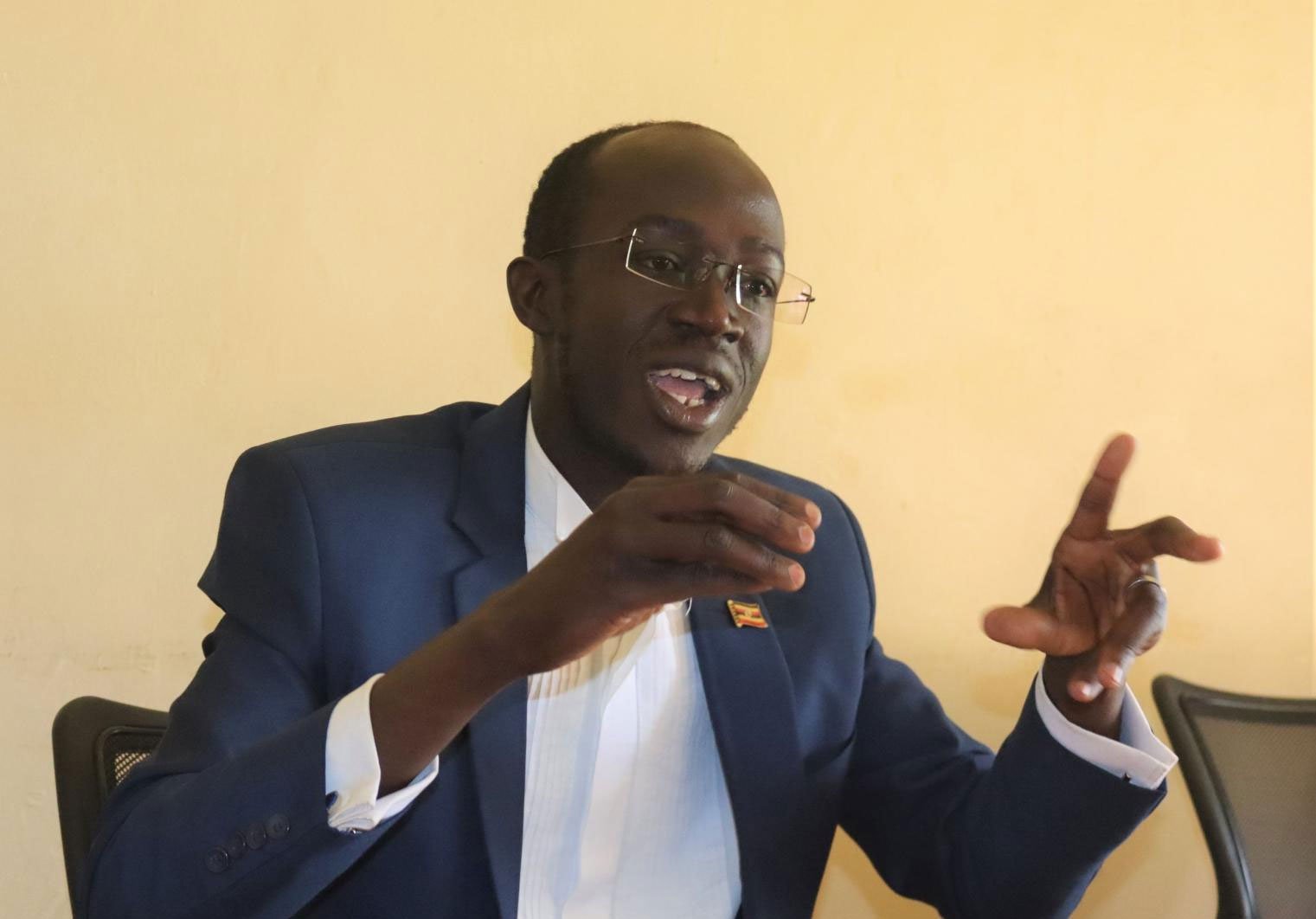Opposition MPs have failed to agree on a joint position in regard to the forthcoming East African Legislative Assembly (EALA) elections.
Steered by the Leader of Opposition, Mathias Mpuuga, the six opposition political parties with a total of 108 out 529 MPs in the 11th parliament on Thursday convened to consider matters relating to the EALA race.
The opposition parties include the National Unity Platform (NUP), Forum for Democratic Change (FDC), Democratic Party (DP), Uganda People’s Congress (UPC), Justice Forum (JEEMA) and People’s Progressive Party (PPP).
The main opposition party, NUP with 57 MPs and PPP with one MP boycotted the EALA race and have not fielded any candidate.
The other parties sponsored candidates to compete for Uganda’s nine seats at EALA. FDC nominated Harold Kaija, UPC – Fred Ebil, Muhammad Kateregga – JEEMA and DP – Gerald Siranda. The four nominees are part of the bigger 28 EALA candidates that have been verified by parliament for next week’s election scheduled for Thursday, September 29.
“Our meeting was meant to establish the possibility of harmony and taking a decision to the extent of participation of the individual parties…remembering that the leading opposition party, NUP declared a stance of non-participation but that did not make it vacate the duty of leading other parties that have candidates,” says Mpuuga.
He told journalists that the convening powers of the law had to be invoked to try and establish the possibility of having a common voice of the opposition in regard to the candidates participating and also the process that they have since indicated as being prejudicial and therefore putting the opposition in a position where they must submit to the whims of the ruling party.
Mpuuga said that the caucus took exception to the conduct of the ruling National Resistance Movement (NRM) of wishing to determine the NRM candidates and those of the opposition and did not declare support for any candidate from the opposition.
He further reveals that the caucus resolved that each of the opposition political parties convene their caucus to deliberate on the matter and reconvene next week Tuesday to come up with a joint position.
Prior to this caucus, Mpuuga last month told parliament that it was time for Uganda to rethink the EALA election process to ensure equity and that his party would only participate in an election where the rules and parties are respected.
“One of the issues that make us look like a pariah nation is how we manage our political differences,” Mathias Mpuuga then said in part. “Across East Africa, Uganda is the only country where the ruling party believes that they can have their own members and also choose for other parties.”
Mpuuga noted that for some reason and without a formula, the ruling NRM party believes that it is entitled to six members at EALA despite the changes in the political parties’ numerical strength in parliament. Responding to Mpuuga’s queries then, speaker of parliament Anita Among said that the EALA election would follow all the laid down process in the law.
According to Article 50 of the East African Community treaty, members of EALA are elected by their respective country’s national legislature.
Article 50 also requires the said members to reflect their country’s political parties, opinions, gender composition, and other special groups. In 2013, the Arusha-based East African Court of Justice (EACJ) ruled on a case by Anita Among, then an EALA nominated candidate of FDC, challenging the legality of the then election of some Ugandan EALA members.
Among’s case challenged the rules of procedure, saying that they were inconsistent with Article 50 (1) of the treaty since they did not cater for and guarantee representation in the EALA for each of the interest groups.
The court then directed the attorney general to cause an amendment to the rules of procedure to bring them into conformity with the treaty prior to the next EALA elections.
The term of the 4th East African Legislative Assembly ends on December 17, 2022. EALA is an organ of the East African Community (EAC) established under Article 9 of the treaty for the establishment of the East African Community.
The assembly has a membership comprising nine members elected by each partner state; ex-officio members consisting of the minister or assistant minister responsible for the East African Community Affairs from each partner state; the secretary-general and the counsel to the community.
Currently, the assembly has 54 elected members; and 8 ex-officio members. Each of the EAC member countries has to send nine legislators to the Arusha-based assembly.
The term of the current EALA members ends this year and elections are scheduled for December. The current 4th assembly has 62 members, whose term commenced in 2017.


